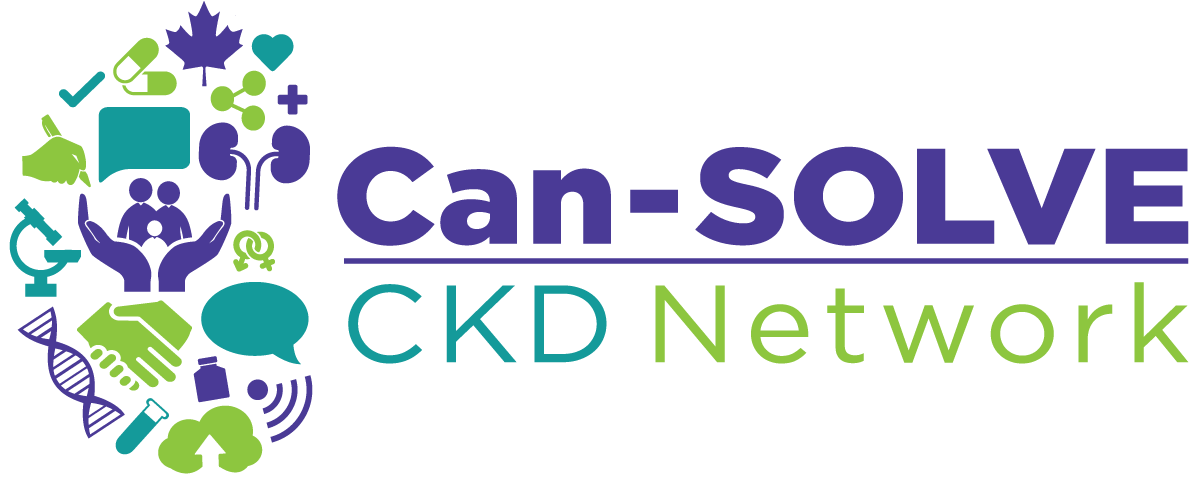Abstract
Purpose of program
Traditionally, peer review was a closed process conducted only by individuals working in the research field. To establish a more integrated and patient-centered approach, one of Canada’s largest kidney research networks (Can-SOLVE CKD) has created a Research Operations Committee (ROC) that includes patients as key members. The ROC represents one way for achieving meaningful patient-oriented research (POR).
Source of information
Can-SOLVE CKD, a network created as part of the Canadian Institutes of Health Research (CIHR) Strategy for Patient-Oriented Research (SPOR).
Methods
The ROC consists of patients, physicians, scientists, Indigenous partners, experts in research methodology, and a member of Can-SOLVE CKD’s operational team. On an annual basis, Can-SOLVE CKD’s research teams provide the ROC with a review package, which incorporates information from patient engagement check-in calls and surveys, the project’s knowledge translation plan and products, and a progress report written by the project team. The ROC evaluates the review package and provides feedback and recommendations accordingly.
Key findings
The transparent nature of the process, regular feedback and review, along with an overt accountability and scoring system, has been embraced by both patients and researchers. As a result of the ROC process, the number of patient leads for each project has grown over a 3-year period and more researchers have received POR and cultural sensitivity training.
Limitations
While anecdotal evidence suggests this approach is beneficial for achieving POR, formal mechanisms of evaluation are currently lacking.
Implications
This ROC framework ensures patients are active contributors throughout the research process and could be adopted by other organizations to achieve a more patient-centered approach to research.
Hillier DR, Tang M, Clark W, MacDonald C, Connolly C, Large C, King M, Singer J, Levin A, Manns B, Konvalinka A, Scholey J, Rosenblum ND
Canadian Journal of Kidney Health and Disease
Published 2020
Research Project: N/A
Connect with us!
Subscribe to learn more about what we do, why it matters, and how you can get involved!




